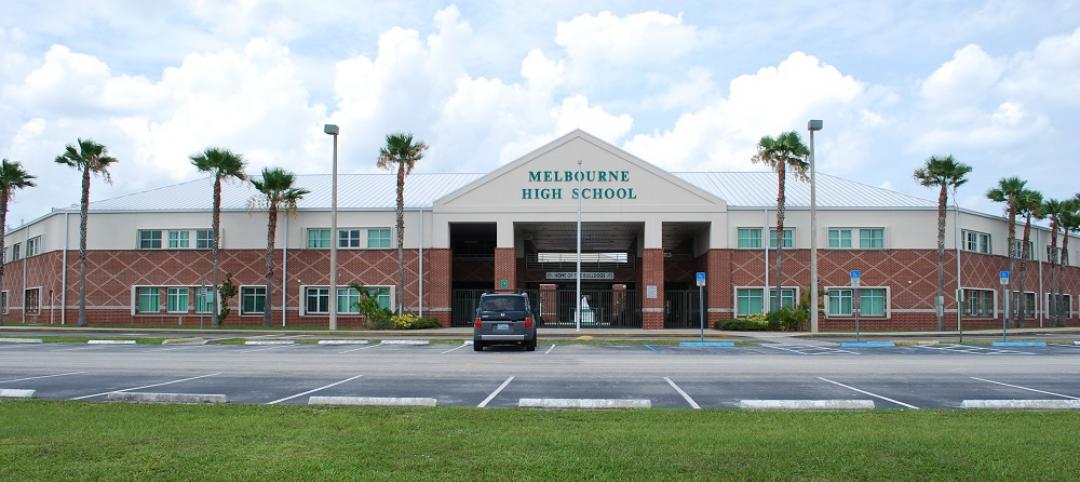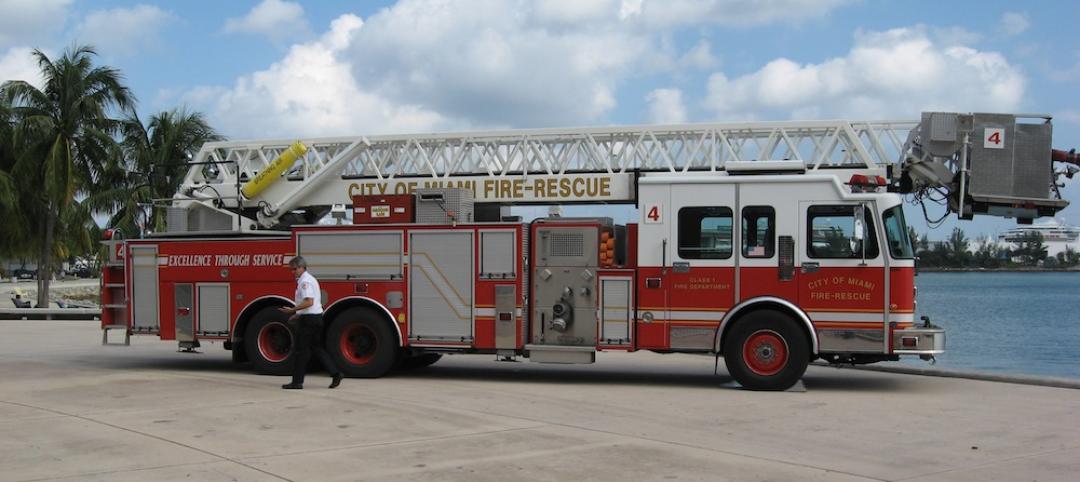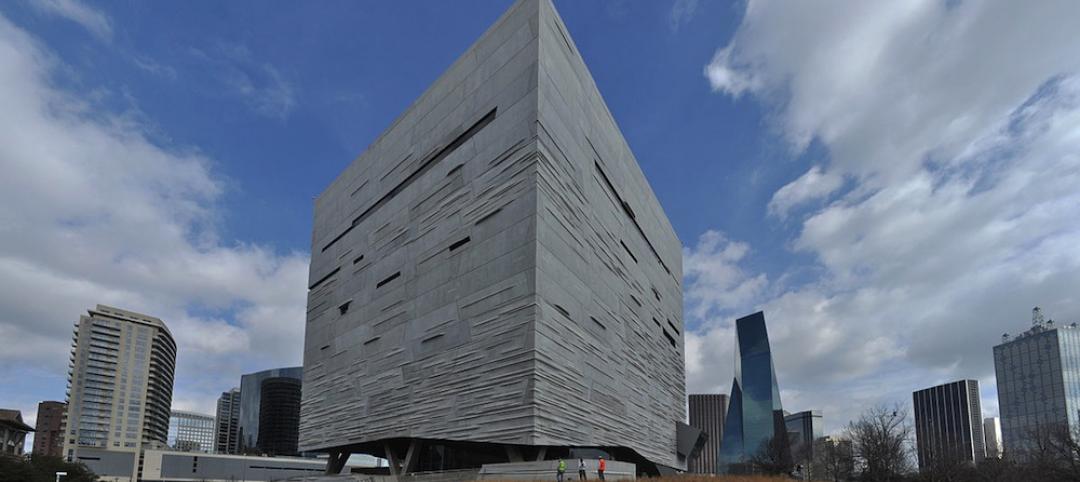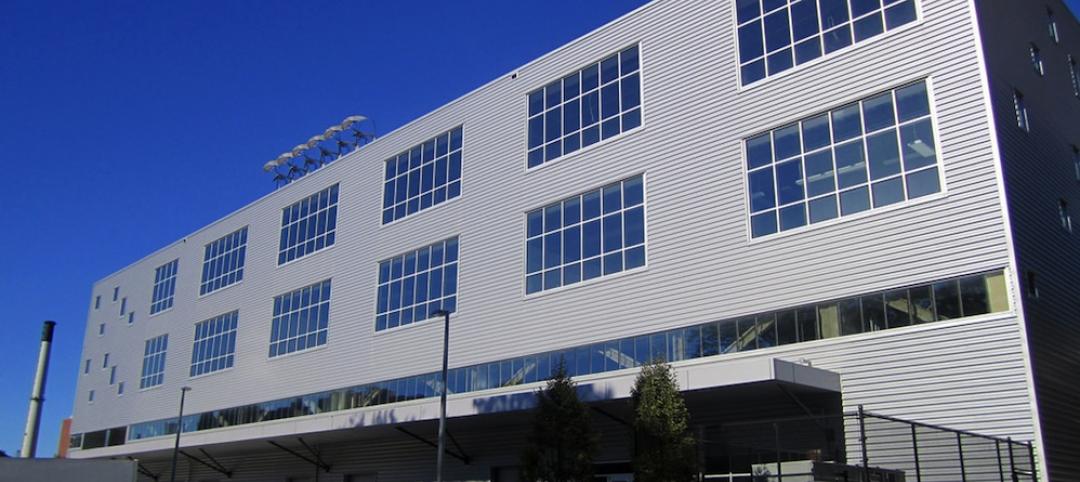Two years ago, a plan to create a smart city project along Toronto’s waterfront was unveiled with great fanfare.
Since then, the proposal, spearheaded by Sidewalk Labs, a subsidiary of Alphabet (Google’s parent company) has prompted extensive public criticism and a lawsuit by the Canadian Civil Liberties Association over data privacy and misuse concerns. The ambitious project was conceived as a showcase for the latest smart city technologies.
The project is to be centered on sustainable and safe transportation systems, and efficient and affordable housing. Technology such as “adaptive traffic lights” would prioritize cyclists and pedestrians and study the possibility of autonomous transit options. Innovative building materials and new occupancy models, like “co-housing”, would offer green, reasonably-priced housing.
With sensors tracking people and vehicles sprinkled throughout the development, privacy rights advocates are concerned that the data could be used for surveillance and discourage people to exercise free speech rights. It didn’t help that at public hearings Sidewalk Labs seemed unable to spell out where this data would be stored and how it would be used.
The company also presented a greatly expanded scope of the proposal from the original 12 acres to a 190-acre area at a public meeting, perhaps misreading the intent of the agreement with the city. These issues have caused delays to the project, but Waterfront Toronto, the city group overseeing it, recently voted to go forward with the 12-acre development.
Other smart city projects around the globe, including in South Korea and India, have been also been plagued by delays and controversies. These challenges indicate that making cities smarter will not be easy.
Related Stories
School Construction | May 3, 2016
Florida clamps down on school construction spending
Critics fear rules will hamper ability to build schools with desired features.
Resiliency | May 2, 2016
Connecticut to develop new code standards for resiliency
Expected more frequent severe weather events due to climate change prompts review.
Contractors | Apr 29, 2016
OSHA issues advisory to protect workers from Zika virus
Construction industry workers considered at high risk.
Codes and Standards | Apr 28, 2016
New research finds 30 measures to significantly cut energy use
ASHRAE’s prescription cuts across all building types and climates.
Codes and Standards | Apr 27, 2016
Florida gives developers more time to install first responder radio signal systems
Expensive upgrades can be postponed for several years.
Codes and Standards | Apr 25, 2016
San Francisco becomes first big U.S. city to require solar panels on new buildings
Pertains to commercial and residential buildings shorter than 10 stories.
Codes and Standards | Apr 25, 2016
GSA adopts SITES land development and management rating system
Federal agency will use for properties with and without buildings.
Wood | Apr 22, 2016
Revised 2015 Manual for Engineered Wood Construction available
American Wood Council Document offers design information for structural applications.
Codes and Standards | Apr 20, 2016
OSHA updates eye and face protection standards in final rule
Becomes effective April 26.
Codes and Standards | Apr 18, 2016
Efficiency finance pilot project to spur retrofits on existing buildings
EDF and PG&E team up on interest-free loans for qualified projects.

















